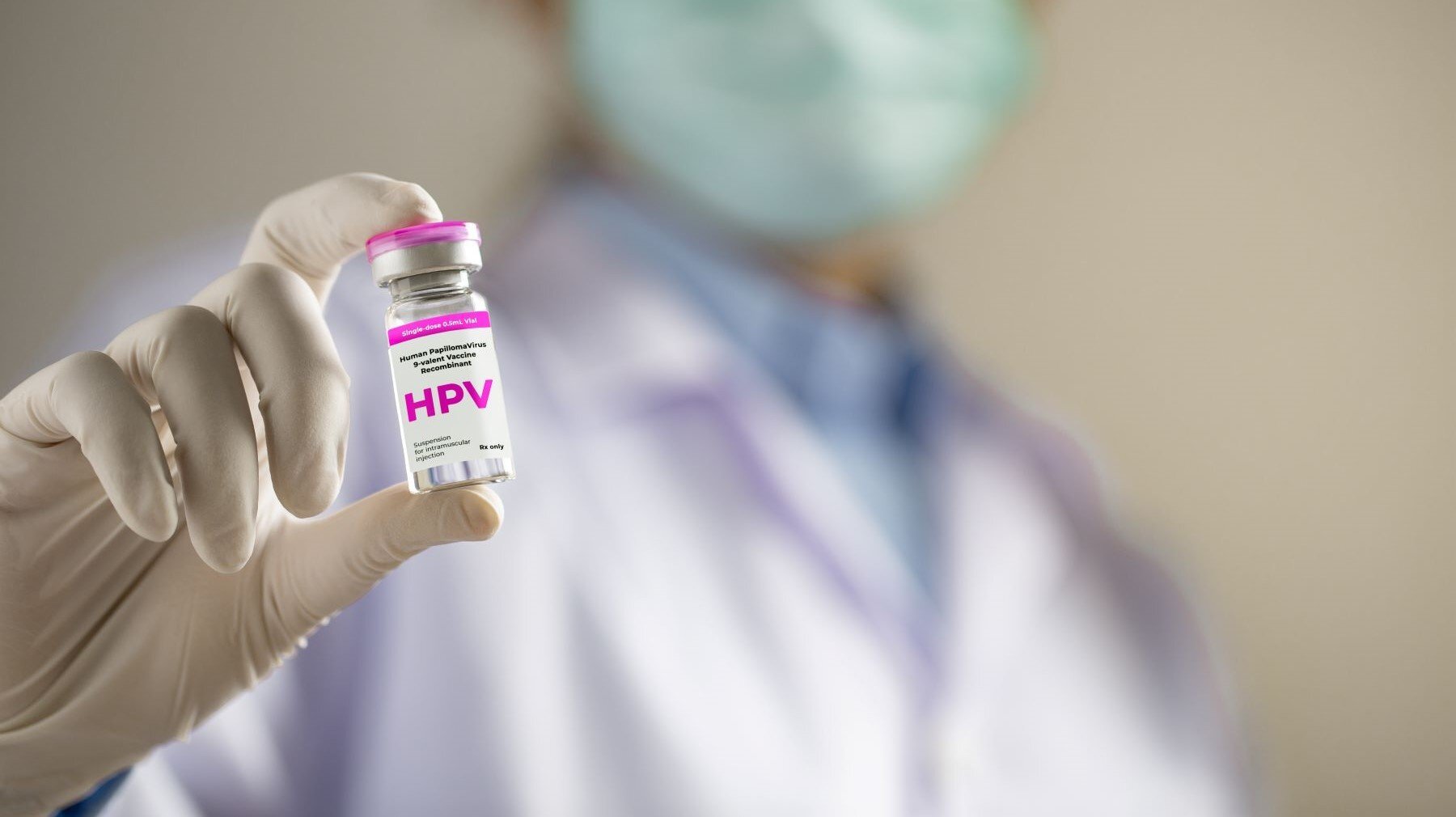HPV Vaccination: The Importance of Cancer Prevention

HPV Vaccination: The Importance of Cancer Prevention
- Article
- 2nd September 2024
Vaccinations are considered one of the greatest achievements in public health throughout history. The Human Papillomavirus (HPV) vaccine is one of these vaccinations that provides effective protection against specific types of cancer, particularly cervical cancer.
But before we elaborate on the importance of the vaccine, we must understand what HPV is.
What is HPV?
It's a virus that is generally transmitted through sexual contact, and there are many types of it.
Harmful virus types: HPV types 16 and 18 are considered the most dangerous and cause cervical cancer, oral and pharyngeal cancers.
Vaccine effectiveness:
Scientific studies have shown high effectiveness of the vaccine in preventing cancer-causing types, with a rate exceeding 90%. Countries that have adopted national vaccination programs have seen a significant decrease in cervical cancer cases, as well as a decrease in the prevalence of HPV infection.
Benefits of vaccination:
- Long-term protection: The vaccine provides long-term protection, often without the need for booster doses.
- Reducing health costs: Preventing HPV infection contributes to reducing costs associated with treating diseases resulting from it, which reduces the burden on the health system.
- Improving quality of life: Cancer prevention means reducing the suffering and deaths associated with it, which contributes to improving the overall quality of life for individuals and society.
Side effects and safety concerns:
Most side effects associated with the HPV vaccine are mild and temporary, such as pain at the injection site or mild fever. The safety of the vaccine has been monitored through large studies and research confirming its safety.
Global recommendations:
The World Health Organization and many national health bodies strongly recommend vaccination as an effective means of preventing cervical cancer and other diseases associated with HPV.
In conclusion, in light of strong evidence of efficacy and safety, awareness of the importance of HPV vaccination should be encouraged and increased. Intensify efforts to integrate this vaccination into national immunization schedules and push towards achieving higher vaccination rates to create a healthier and safer society from the risks of HPV-related cancer.
It is clear from this narrative that the HPV vaccine is a very important vaccination in the field of prevention of multiple types of cancer, and therefore it should be supported and generalized at the individual and community level to achieve the maximum possible benefit.
